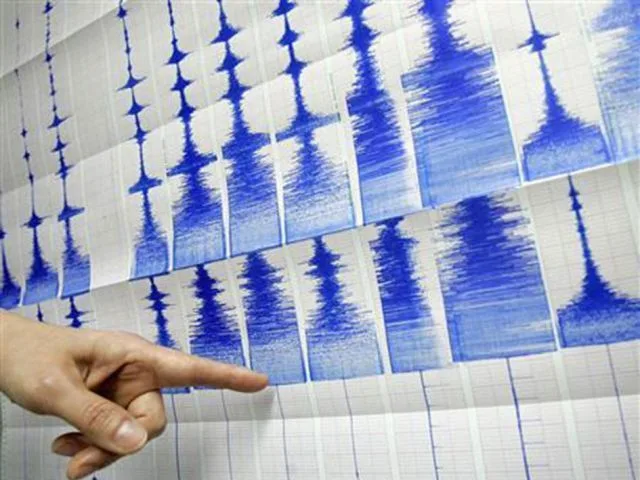In the early hours of May 14, 2025, a strong offshore earthquake shook parts of Egypt and Greece, sending tremors across the eastern Mediterranean. The quake, which registered a magnitude of 6.4, occurred at 1:51 AM Cairo time, with its epicenter located in the Mediterranean Sea, approximately 38 kilometers south-southwest of Karpathos, Greece.
Impact on Egypt
Residents in Cairo, Giza, Alexandria, and other cities reported feeling the ground shake, despite the epicenter being far from Egypt’s coastline. The National Research Institute of Astronomy and Geophysics (NRIAG) confirmed that a Powerful Earthquake hit the country with measure 6.4 magnitude, occurred at 1:51 AM Cairo time the tremors were perceptible due to local geological conditions, particularly in areas with soft clay soil, which tends to amplify seismic waves.

Eyewitnesses described the experience as unsettling. Ahmed Khalil, a resident of Alexandria, said,
“I was asleep when I suddenly felt my bed shaking.
It lasted only a few seconds, but it was strong enough to wake me up.”
Another Cairo resident, Mona El-Sayed, shared,;
“I heard my windows rattling, and my neighbors rushed outside in confusion. We weren’t sure what was happening at first.”
Authorities have assured the public that no casualties or material damage have been reported in Egypt so far. However, officials continue to monitor the situation closely.

Effects in Greece
The earthquake was strongly felt across Crete, Kasos, and Karpathos islands, with moderate shaking reported in several areas. The Greek Ministry of Climate Crisis and Civil Protection issued a tsunami warning, advising residents in coastal areas to move away from the shore immediately.
Greek residents also shared their experiences. Nikos Papadakis, a shop owner in Heraklion, Crete, said, “The ground shook violently for a few seconds. Some items fell off the shelves, but thankfully, there was no serious damage.” Meanwhile, Maria Georgiou, a resident of Kasos, described the moment as “terrifying but brief. We ran outside, fearing aftershocks.”
Despite the intensity of the quake, no major structural damage or injuries have been reported in Greece. Seismologists note that Greece, located at the convergence of the African and Eurasian tectonic plates, frequently experiences seismic activity.
Scientific Assessments
The United States Geological Survey (USGS) initially measured the earthquake at 6.1 magnitude, while the German Research Centre for Geosciences (GFZ) recorded a 6.3 magnitude at a depth of 83 kilometers off the island of Crete.
Experts emphasize that earthquakes in the eastern Mediterranean are not uncommon due to the region’s complex tectonic boundaries. While this event did not cause significant destruction, it serves as a reminder of the seismic risks in the area.
Ongoing Monitoring
Authorities in both Egypt and Greece continue to assess the situation, ensuring that emergency response teams remain on standby. Residents are advised to stay alert for potential aftershocks and follow official safety guidelines.
As the region recovers from the unexpected tremors, experts will further analyze the earthquake’s impact and implications for future seismic activity.
